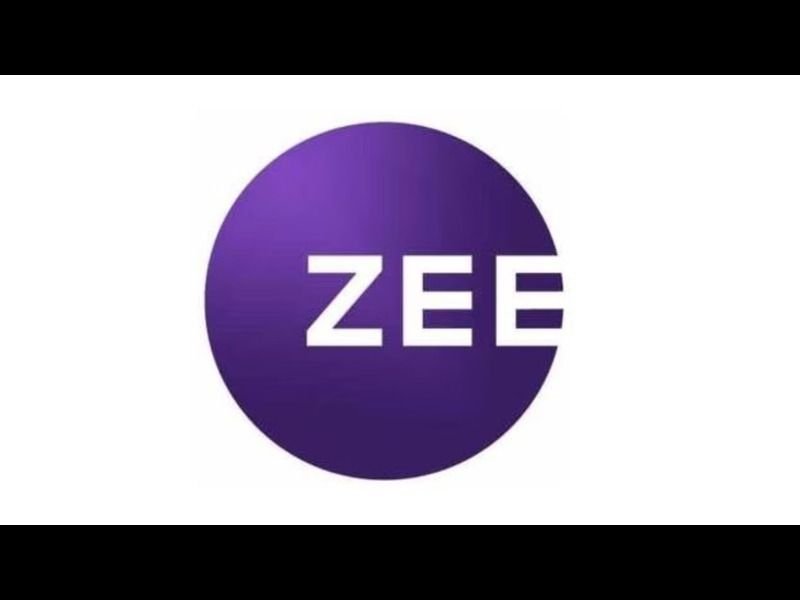Zee Entertainment Enterprises Ltd (ZEEL) has filed a legal case against Star India, a subsidiary of Walt Disney, for violating the agreement of ICC cricket rights. ZEEL has demanded a refund of ₹68.54 crore from Star India, as per its Q3 financial statement.
The Background of ICC Cricket Rights
In August 2022, ZEEL had entered into an Alliance Agreement with Star India for a sub-license of TV broadcasting rights of ICC cricket events for a four-year period. Star India was supposed to grant exclusive rights to ZEEL to broadcast ICC cricket matches on television in India and other territories.
The Alliance Agreement was subject to certain conditions such as submission of financial commitment, provision of bank guarantee and ICC approval for sub-licensing from the International Cricket Council (ICC).
The Breach of ICC Cricket Rights
ZEEL claims that Star India has failed to obtain necessary approvals, execute essential documentation and agreements as per the Alliance Agreement. ZEEL also asserts that it has fulfilled its financial obligations according to the terms of the agreement and has even accrued ₹72 crore for bank guarantee commission and interest expenses.
However, Star India has accused ZEEL of breaching the agreement by failing to make payments amounting to $203.56 million (₹1,693.42 crore) for the first instalment of the rights fee, along with bank guarantee commission and interest expenses totalling ₹17 crore.
ZEEL believes that Star India is the party at fault for not adhering to the agreed terms and conditions and has informed Star India that it considers the agreement breached and has demanded a refund of ₹68.54 crore.
The Legal Case over ICC Cricket Rights
ZEEL has filed a legal case against Star India in the Bombay High Court, seeking a declaration that the Alliance Agreement is null and void and an injunction to restrain Star India from taking any action under the agreement. ZEEL has also sought damages for breach of contract and loss of reputation.
Star India has denied the allegations and has filed a counterclaim against ZEEL, seeking enforcement of the agreement and recovery of dues along with interest and costs. Star India has also sought damages for defamation and loss of goodwill.
The case is pending before the court and both parties are awaiting the final verdict.
The Impact on ZEEL’s Business
Despite this legal dispute, ZEEL remains confident that there will be no significant negative impact on its operations. ZEEL reported a notable increase in its net profit for the third quarter, rising from ₹24.32 crore in the same period of the previous fiscal year to ₹58.5 crore. This growth was attributed to an increase in subscriptions, which helped offset a decline in advertising revenue. The company also recorded a 15 per cent rise in income, reaching ₹223 crore compared to ₹194 crore in the third quarter of the previous fiscal year.
Recent Blog : RVNL record Order Book of Rs 65,000 Crore, Expands Overseas
